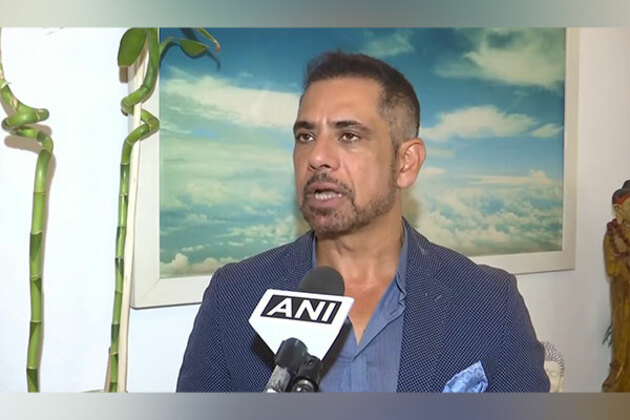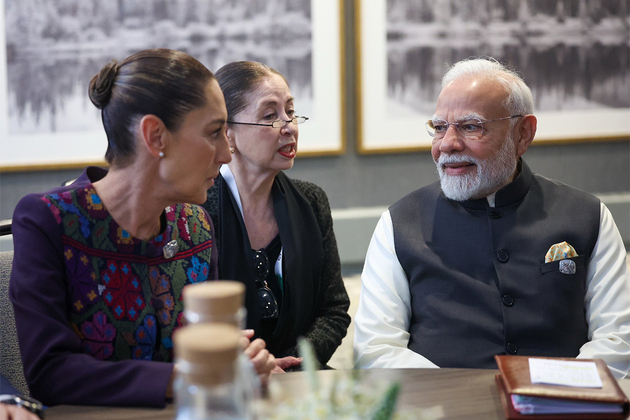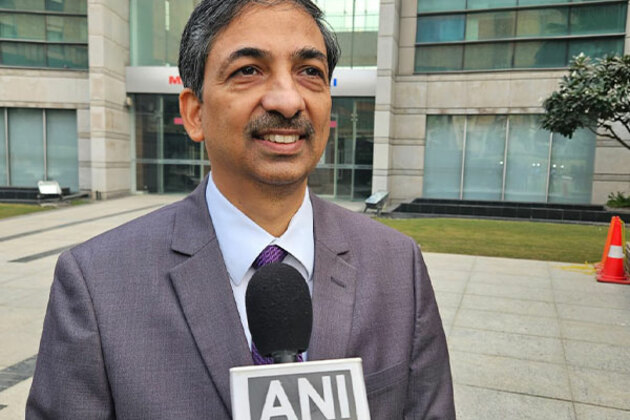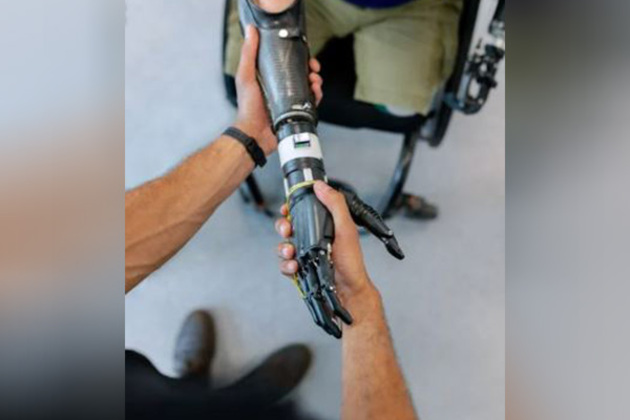Could Bulgaria Face a 'Greek Scenario' After Adopting the Euro
Novinite.com
17 Jun 2025, 12:40 GMT+10
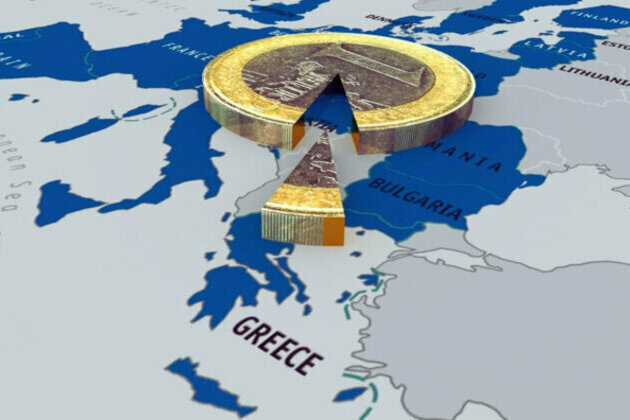
With Bulgaria set to adopt the euro on January 1, 2026, questions are surfacing about whether the country might face financial risks similar to those that led to Greece's debt crisis. While comparisons are understandable, the differences in economic fundamentals and fiscal behavior between the two countries suggest that a repeat of the Greek scenario is unlikely - though not impossible if certain conditions are ignored.
What Happened in Greece
Greece's crisis was the result of long-standing fiscal mismanagement. For years, successive governments used the credibility gained by eurozone membership to borrow at low interest rates, using the funds to sustain extensive public spending. Rather than using the borrowed money for investment or reform, it largely funded generous social programs.
When the global financial crisis hit in 2008, Greece was left exposed. Economic activity contracted, especially in key sectors like tourism, and public debt ballooned. To make matters worse, Greece was caught manipulating its fiscal data, undermining trust with investors and EU partners.
Without the ability to devalue its currency - due to eurozone membership - and unable to access financial markets, Greece was forced to request a massive bailout from the EU, the European Central Bank (ECB), and the International Monetary Fund (IMF). This rescue package, amounting to ?240 billion, came with harsh austerity measures that plunged the country into years of recession. By 2015, Greek debt had climbed to ?315 billion, or 175% of GDP.
Why Bulgaria Is Not Greece
Bulgaria's fiscal policy over the past two decades has been consistently conservative. The country operates under a currency board pegging the lev to the euro, which has enforced financial discipline. Public debt currently stands below 30% of GDP - well beneath the eurozone threshold of 60%.
The upcoming euro adoption will remove the currency board but replace it with access to eurozone financial mechanisms and lower-cost borrowing on international markets. However, this does not mean Bulgaria is set to repeat Greece's mistakes.
The key difference lies in Bulgaria's low debt levels, stable macroeconomic indicators, and the lessons learned from the Greek crisis. Moreover, eurozone oversight has strengthened significantly since 2010. Mechanisms for early warning and fiscal monitoring now make it more difficult for countries to hide debt or misrepresent data.
What Could Still Go Wrong
While the fundamentals are currently sound, risks remain. Political instability in Bulgaria, evident in frequent elections and shifting coalitions, could lead to poor fiscal decisions in the future. If government spending increases sharply or if borrowing is used irresponsibly, debt levels could rise quickly.
Another challenge could come from implementation delays or missteps during the transition to the euro - especially regarding communication with small businesses and regulatory updates, such as aligning fiscal software and labeling prices in both currencies.
There are also broader concerns about corruption and the shadow economy. These structural problems do not automatically lead to a crisis but can erode institutional trust and economic efficiency, making the country more vulnerable during global downturns.
Conclusion
The so-called "Greek scenario" is theoretically possible in any country that loses fiscal discipline. However, Bulgaria is starting from a far stronger position than Greece did in the early 2000s. The country has maintained low debt, follows eurozone entry criteria closely, and benefits from stronger EU-level oversight than existed in Greece's time.
Ultimately, whether Bulgaria maintains its stability will depend on domestic policy choices. The euro cannot guarantee fiscal responsibility - it can only create a framework. It will be up to Bulgarian policymakers to operate within it wisely. The risk of crisis is not built into the euro itself, but into how governments choose to use the tools available to them.
 Share
Share
 Tweet
Tweet
 Share
Share
 Flip
Flip
 Email
Email
Watch latest videos
Subscribe and Follow
Get a daily dose of Manufacturing Mirror news through our daily email, its complimentary and keeps you fully up to date with world and business news as well.
News RELEASES
Publish news of your business, community or sports group, personnel appointments, major event and more by submitting a news release to Manufacturing Mirror.
More InformationSmall Business
SectionMAGAs Civil War: Who dares to take on the Israel lobby
Prominent conservative figures are calling on Donald Trump to stay out of the Israel-Iran war, but is it the rebellion it seems to...
Robert Vadra skips ED summons again
New Delhi [India], June 17 (ANI): Businessman Robert Vadra, who was summoned by the Enforcement Directorate (ED) in connection with...
Could Bulgaria Face a 'Greek Scenario' After Adopting the Euro
With Bulgaria set to adopt the euro on January 1, 2026, questions are surfacing about whether the country might face financial risks...
TiE Mumbai to Host 2-Day Virtual Workshop on "The Role of AI in Digital Marketing"
TP Mumbai (Maharashtra) [India], June 17: TiE Mumbai, one of India's most dynamic platforms supporting entrepreneurship, is organising...
Actor Al Pacino meets Pope Leo XIV
New Delhi [India], June 17 (ANI): Oscar winner Al Pacino met with Pope Leo XIV on Monday at the Vatican.This meeting has been reportedly...
Indo-Canadians welcome PM Modi's visit to Canada for G7 summit
Brampton [Canada], June 17 (ANI): Prime Minister Narendra Modi's arrival in Canada for the G7 Summit has been warmly welcomed by members...
Automotive
SectionCanada seeking calm at G7, despite abrupt departure of Trump
BANFF, Alberta: The recent G7 summit has convened for the second and final day in the picturesque Canadian Rockies amidst escalating...
PM Modi congratulates President Sheinbaum on her historic victory, thanks Mexico for its support in India's fight against terrorism
Kananaskis [Canada], June 18 (ANI): Prime Minister Narendra Modi met with the President of Mexico, Dr Claudia Sheinbaum Pardo on the...
Haryana has become one of India's leading automobile manufacturing hubs: CM Saini
Gurugram (Haryana) [India], June 17 (ANI): Haryana Chief Minister Nayab Singh Saini on Tuesday said Haryana has become one of India's...
Maruti's Manesar railway siding to cut 65,000 truck trips annually
By Shailesh Yadav Manesar (Haryana) [India], June 17 (ANI): Maruti Suzuki's new railway siding at its Manesar plant will eliminate...
India's largest automobile in-plant railway siding at Maruti Manesar facility starts operation
New Delhi [India], June 17 (ANI): India's largest automobile in-plant railway siding at Maruti Suzuki's Manesar facility started operation...
Researchers creates new robotic "skin" that feels heat, pain, pressure
Washington DC [US], June 17 (ANI): Researchers have created a revolutionary robotic skin that brings machines closer to human-like...


